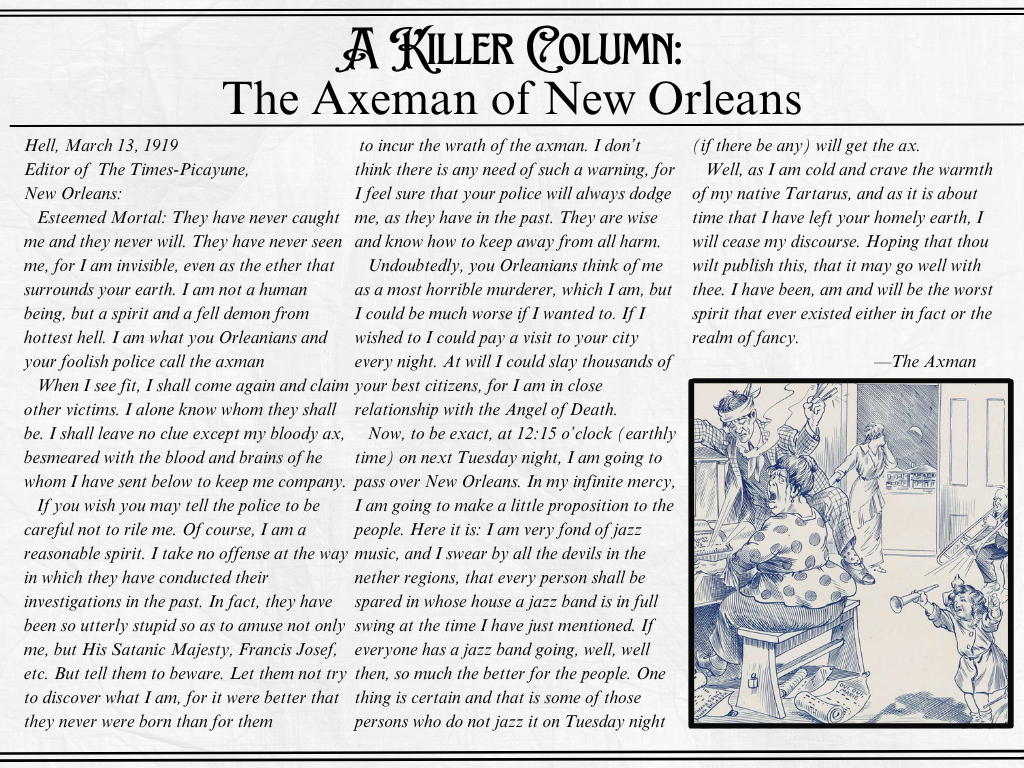Bad habits can sabotage a person’s mental health, but small lifestyle changes can help to prevent such sabotage.
The ULM Counseling Center held an outreach program for students on Wednesday about the 12 ways people sabotage their mental health.
“Everyone experiences stress, and stress comes in varying levels,” said Karen Foster, counselor and speaker at the program.
Avoiding exercise can lead to mental health problems. According to Foster, regular exercise is like a “natural anti-depressant.” Setting aside 15-to-20 minutes a day for a brisk walk can have a positive effect on overall mental health.
Ignoring clutter can be a subtle source of psychological distress as well. Foster suggests cleaning out unused items and saving money for a vacation or dinner instead of buying more items.
Lack of sleep increases a person’s risk for developing anxiety or depressive disorders. Limiting caffeine and alcohol consumption and turning off the laptop or cell phone before bed can improve the quality of sleep.
Drinking too much alcohol on a regular basis also effects mental health. Women should limit their daily consumption to one drink, and men to two drinks. Foster said that if people plan to exceed this limit, they should eat prior to drinking and also space their drinks with a glass of water.
Foster advised students against comparing themselves to others. Keeping a “gratitude journal” can bring optimism to a person’s life.
Obsessive thoughts can also sabotage their mental health. Foster said it is important to learn to recognize these kinds of thoughts and avoid them by replacing them with more positive thoughts.
Suppressed anger is associated with depression. Students were advised to express negative emotions in a calm but assertive manner, or learn to let things go.
“Forgiveness is better for your mental health,” Foster said.
Eleven or more hours of work daily doubles the development depression, compared to seven or eight hours of work.
Prioritizing one’s schedule and making time for family, friends and hobbies can help reduce those odds.
Staying inside deprives people of two mental health essentials- Vitamin D, which protects against depression, and nature, which can have soothing effects.
Social isolation is a common symptom of depression and anxiety.
Foster said that people should make time to connect with friends and loved ones.
Perfectionism is also linked to depression, anxiety and eating disorders. This occurs when people set unattainably high standards.
Pessimism makes people vulnerable to sleep disorders, anxiety and depression.
Foster ended the program with a quote from William Shakespeare:
“There is nothing either good or bad, but thinking makes it so.”





